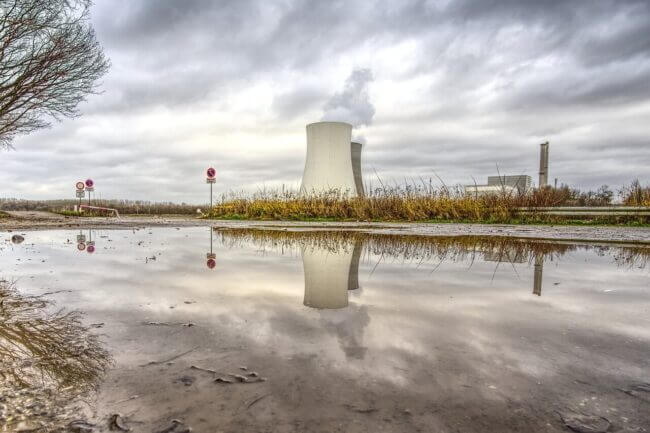Germany - from electricity exporting country to importing country?

Germany has set itself the goal of decommissioning nuclear power plants by the end of 2022 and then taking all coal-fired power plants off the grid by 2038, possibly even as early as 2035.
This raises the question of whether Germany will still be able to secure its extremely high energy requirements independently in the future, let alone continue to export excess capacity to neighboring countries?
Electricity export champion Germany?
In 2017, German electricity exports amounted to a total of 77 TWh. After deducting electricity imports, the export surplus was still around 60 TWh, which accounts for around 10% of German electricity generation. In total, export revenues amounted to 1.9 billion euros in 2017.
However, the German Association of Energy and Water Industries (BDEW) is already warning of an end to export surpluses in connection with the faltering energy transition. In fact, as more and more gas and coal-fired power plants are being taken off the grid due to their age or for cost reasons, it is feared that the remaining overcapacity will be completely eliminated in a few years. The association is convinced that there will be a shortfall in secured capacity by 2023 at the latest. Instead, it points out that Germany cannot rely on being able to import a significant amount of electricity from neighboring countries in the future. ¹
Mega blackouts in Germany in the future?
According to most experts in the continental electricity network in Europe, a mega power outage such as the one in Venezuela in March this year or in Argentina and Uruguay in June, which affected millions of people and left them without electricity for hours, days or even weeks, is not very likely. Cyber attacks on electricity grids have also not been successful in Western Europe to date. Nevertheless, a hacker attack on the power supply in Europe is always considered to be at least a latent danger, especially in view of the successful cyber attack on a nuclear power plant in Ukraine in 2015.
All in all, however, the risk of a total power outage remains rather low at the moment. This is also because Germany, with an average power outage of 12.8 minutes in 2016, lags far behind the interruption times of other countries - some states in the USA record up to 600 minutes per year. However, this figure increased to 15.14 minutes in the 2017 reporting year. ² It is therefore understandable that energy experts have been asking themselves for some time whether a power outage of this magnitude could also occur in Germany. The most extensive and longest power outage in post-war Germany to date in Berlin/Köpenick at the end of February 2019, triggered by cable damage, showed what this could look like, albeit only in a hint. More than 30,000 households and 2,000 businesses were without power for over 30 hours. ³
The fact is that after the decommissioning of all nuclear power plants at the end of 2022, Germany will rely on only 75.3 gigawatts of secured energy capacity independent of wind and solar power instead of the current 90 gigawatts. 4
Some energy experts doubt that this will be enough to carry the total load.
Constant for critical infrastructures
Despite all the aforementioned uncertainties in connection with a secure power supply in Germany, we at Wöhrle Stromversorgungssysteme GmbH remain a reliable constant. As a specialist in uninterruptible power supply solutions, we are able to work with you to develop individual, customized concepts for an uninterruptible power supply.
Even if forecasts suggest that electricity will become less reliable in the future, you can rest assured that you will never run out of energy with us.


